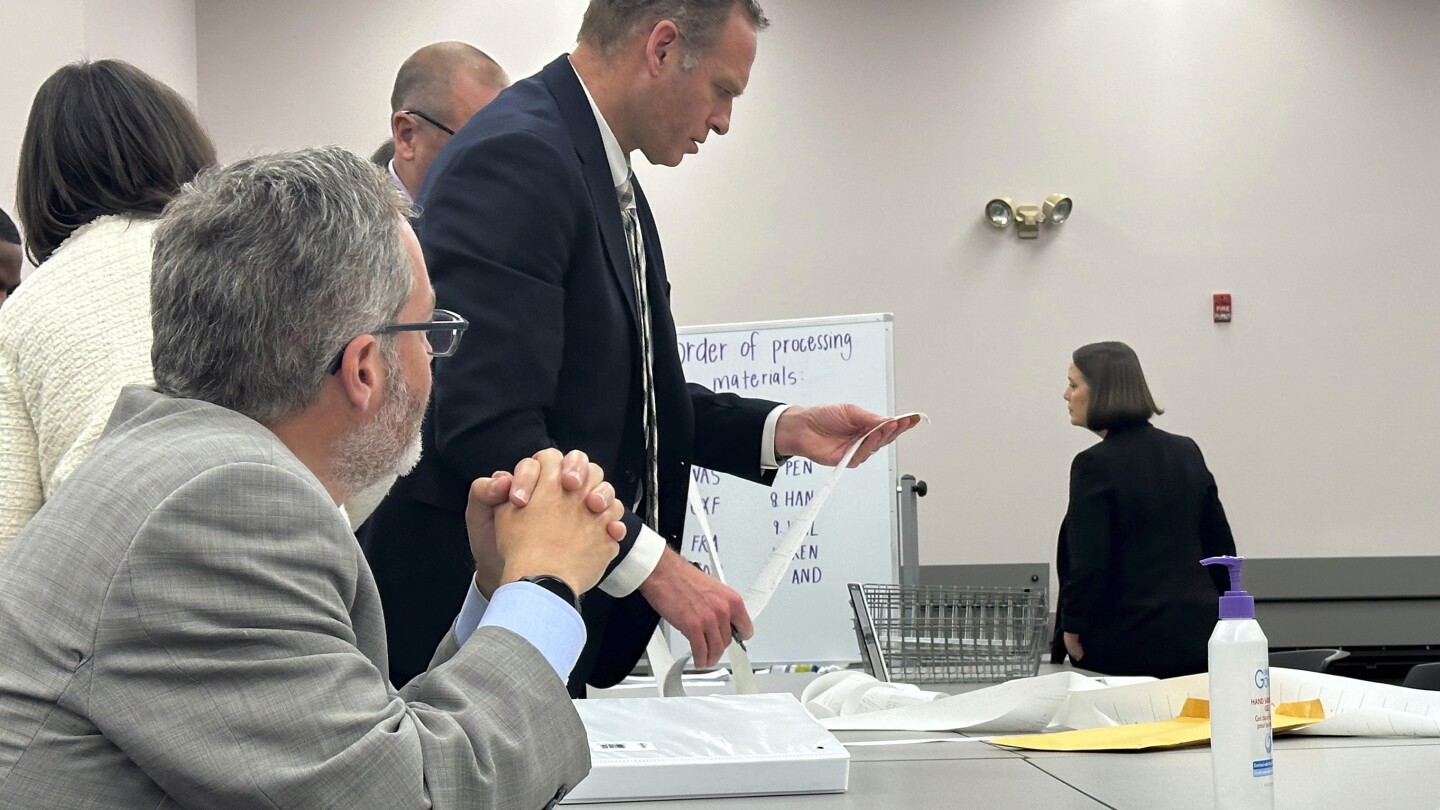Summary
Voters across eight states, including Arizona, Colorado, and Nevada, rejected ballot measures for election reforms such as ranked choice voting (RCV) and open primaries, despite a $110 million push from advocates.
The movement, inspired by Alaska’s 2020 adoption of these reforms, failed to gain traction, with critics citing confusion and doubts over RCV’s benefits.
Some reforms succeeded locally, including in Portland, Oregon, but opposition remains strong.



BuT vOtInG tHiRd PaRtY iS a WaStE oF a VoTe!!! /s
Don’t those people not realise that this reform could have helped move the voting system into the direction that no vote is ever wasted?
I don’t think those are the same people saying that. People who know how the math works for third parties also know why it happens and what the solution is.
One thing that should be abundantly clear from this election is that a lot of people are badly misinformed. They have little conception that third parties even exist or if they do, they don’t care.
I think a big, often-overlooked part of the problem with third-parties is that people disregard them not only because they “can’t win” but also because they’re invariably full of deeply-unserious lunatics that nobody wants to vote for anyway.
Think about it: because of first-past-the-post, pretty much every would-be politician who (a) actually grasps how the system works and (b) actually cares about getting into office is going to join either the Democrats or the Republicans. So who’s left to join third parties? The answer is, morons that nobody wants in charge of anything, and idealogues too fanatical to moderate their platform to win support and too stubborn to care that it makes them unelectable.
In other words, there’s a bit of a chicken-and-egg problem going on here: people need to want to vote for third-parties in order to care about RCV, and third-parties need RCV to be able to attract politicians that would give them credibility.
Yeah, I’d say that’s right. I’ve looked at the Greens, and Jill Stein in particular, and evaluated their history on their own merits. They’re clowns. Shooting climate policy in the foot by historical opposition to nuclear, and having an internal fight to take homeopathy out of their healthcare policies. If we had ranked choice in my state, I’d still rate Jill Stein higher than a random Republican, but I’d be looking for so many other progressive candidates above her.
Now, I’ve also been looking at the Working Families Party, which isn’t dumb enough to run a spoiler candidate, and they’re quite clear on that. They work with Democrats hoping to get things like fusion voting and ranked choice passed. Meanwhile, run candidates where it makes sense and look for other strategic opportunities.
They really don’t. They’ve been told it will cause problems by the only talking heads they listen to, so they believe it.